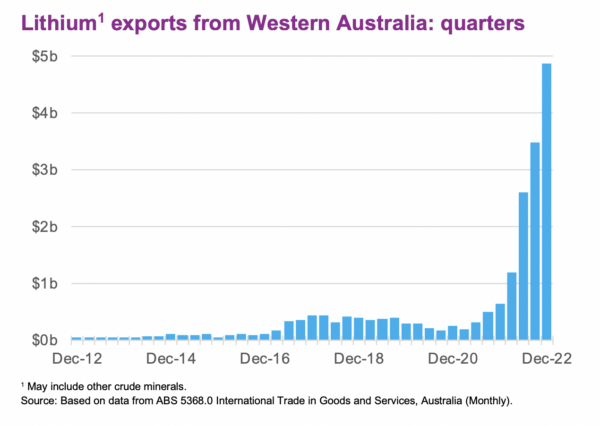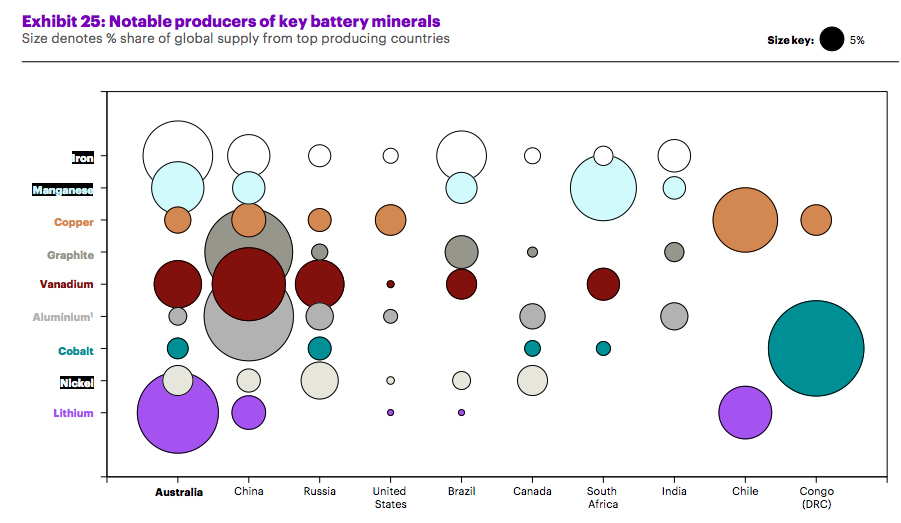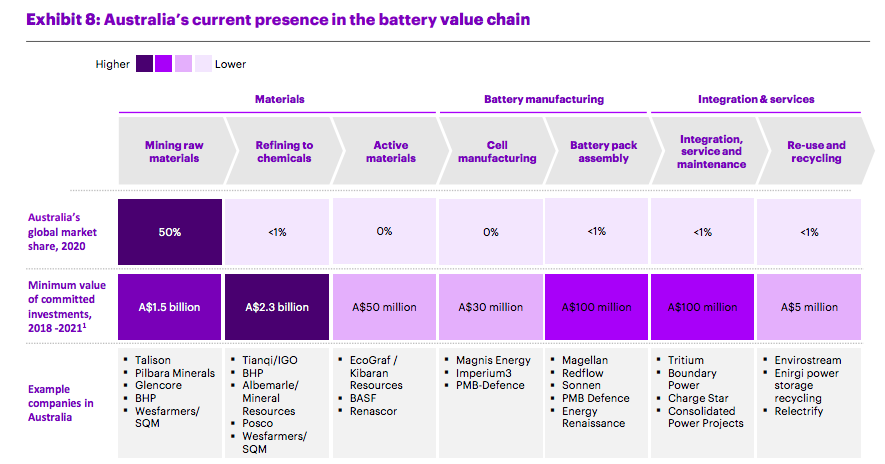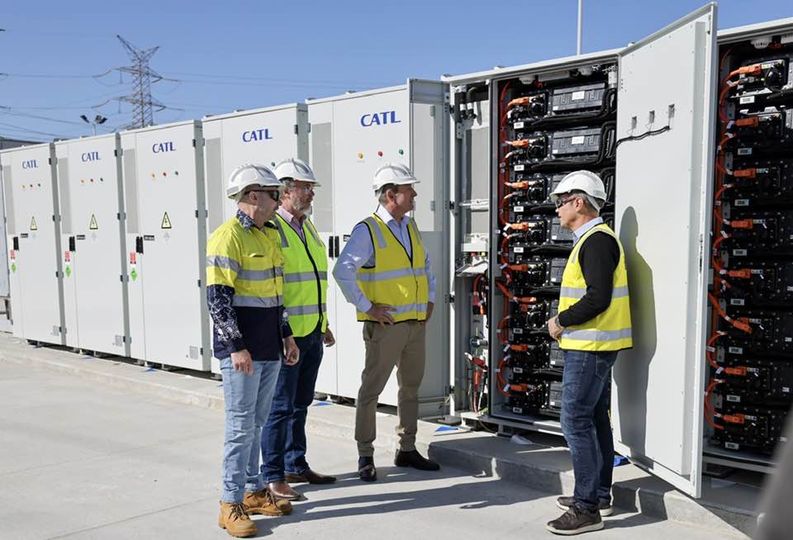Talks between the two resource-rich regions included forging new cooperation on batteries as well as collaborating to overcome challenges facing both countries in the transition away from fossil fuels.
The Australian delegation included representatives from Horizon Power and the Chamber of Minerals and Energy of Western Australia, among other industrial players. The statement issued by the Western Australian (WA) government reported that Horizon Power was able to share its experiences in providing renewable energy to remote communities. The Australian company now has quite extensive experience deploying low-carbon Standalone Power System solutions in regional WA – an area which face similar electrical hurdles to some communities in Indonesia.

Indonesia and Australia are both currently leading suppliers of coal internationally, and are also both home to large reserves of critical materials, needed for electric vehicles (EV) and renewable energy storage. Indonesia is currently the largest producer of nickel in the world and is aiming to utilise these resources to build out its local battery and EV and battery manufacturing capabilities. Meanwhile, Australia is the top producer of lithium and has cobalt and numerous other mineral resources, with the country’s leadership eyeing similar manufacturing ambitions.
WA Mines, Energy and Industrial Relations, Bill Johnston, witnessed a Memorandum of Understanding (MoU) signed by the Future Battery Industries Cooperative Research Centre, based in Western Australia and Indonesia’s National Battery Research Institute. The MoU between the two organisations is to focus on capacity building, education and training, developing the battery ecosystem and battery standardisation, according to the WA government.

Image: Future Battery Industries Cooperative Research Centre
The WA government said the agreement should “strengthen collaboration in battery research, technology and innovation between Australia and Indonesia,” which it noted aligns with the ‘Plan of Action’ signed between WA and the Indonesian Chamber of Commerce and Industry passed in July. That month, Australian Prime Minister Anthony Albanese and Indonesian President Joko Widodo met to forge closer economic ties in the transition to clean energy.
Coming back to WA, Minister Johnson said, “Western Australia is well-placed to collaborate with Indonesia to meet net-zero targets.”

This content is protected by copyright and may not be reused. If you want to cooperate with us and would like to reuse some of our content, please contact: editors@pv-magazine.com.








By submitting this form you agree to pv magazine using your data for the purposes of publishing your comment.
Your personal data will only be disclosed or otherwise transmitted to third parties for the purposes of spam filtering or if this is necessary for technical maintenance of the website. Any other transfer to third parties will not take place unless this is justified on the basis of applicable data protection regulations or if pv magazine is legally obliged to do so.
You may revoke this consent at any time with effect for the future, in which case your personal data will be deleted immediately. Otherwise, your data will be deleted if pv magazine has processed your request or the purpose of data storage is fulfilled.
Further information on data privacy can be found in our Data Protection Policy.